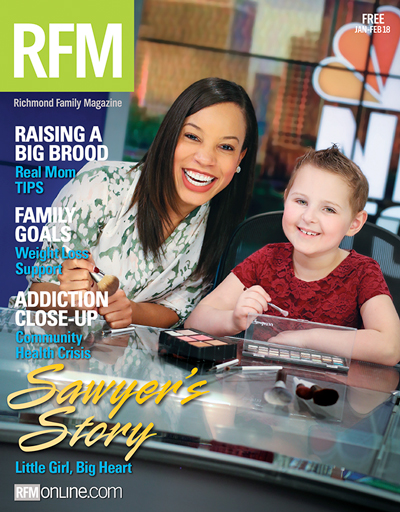Chances are, you know someone living with obsessive-compulsive disorder, or OCD. Children, teens, and adults suffer from this serious, and sometimes debilitating, mental health problem. There is good evidence to suggest OCD runs in families to some extent, or at least the genetic vulnerability to developing OCD. The disorder affects almost three out of every one hundred people in their lifetimes. It is common for the symptoms of OCD to wax and wane over the course of time and get worse during periods of stress. Sadly, it often takes more than a decade for people living with OCD to be diagnosed properly and engaged in effective care. This is at least partly due to a misunderstanding of what OCD is, as well as a lack of awareness of OCD and how to get treatment.
What is OCD?
Unlike those who simply prefer neatness, cleanliness, order, or routine, the brains of children and adults living with OCD are wired so they repeatedly experience intrusive thoughts or obsessions. Specific obsessions vary widely between people, but tend to fall into several categories, although not always. These include:
• Excessive concern about contamination
• Need for things to be a certain way or symmetrical
• Concern about harm to selves or others
• Concern about morality, blasphemy, or sacrilege
• Concern with sexuality or perversion
For the person living with OCD, a surge of anxiety, panic, or intense nervousness is released along with the obsessions. This is paired with an urge to act out compulsive behaviors or complex rituals that may be observable by others, or may occur in the mind of the person with OCD.
Again, specific compulsions vary, but they tend to fall into some general categories, although not always. These include:
• Cleaning or washing
• Checking to make sure no harm was done
• Ordering or arranging
• Touching, tapping, rubbing, blinking, staring
• Seeking reassurance (excessive medical testing, Internet searching, asking questions)
• Repeating words or phrases
• Counting
• Re-doing (re-writing, re-washing, re-walking)
When people with OCD do the compulsions or rituals, the anxiety, panic, or nervousness decreases, but the relief is only temporary. The obsessions, anxiety, and urges always come back – with a vengeance and without fail. The cycle repeats.
Over time, the obsessions get louder, the urges get stronger, and quality of life is reduced, as people with OCD tend to pull back from doing things they previously enjoyed. This sets the scene for depression. It should be noted that people with OCD are at heightened risk for suicide.
Getting Help for OCD
The good news is there are effective treatments for OCD, and it is entirely possible for people with OCD to lead productive and meaningful lives. Many people respond well to a specific type of cognitive behavioral therapy called exposure and response prevention. Many also do well when adding medications to their treatment regimen, such as selective serotonin re-uptake inhibitors (SSRIs). It is usually helpful for friends and family members of people with OCD to become informed about how to best support them as they cope and recover.
It is critical for people who think they may have OCD to connect with knowledgeable providers who can provide diagnostic assessment and treatment recommendations. The International OCD Foundation maintains the website iocdf.org with updates on OCD, treatment, as well as a listing of OCD specialists, including those in Richmond.




